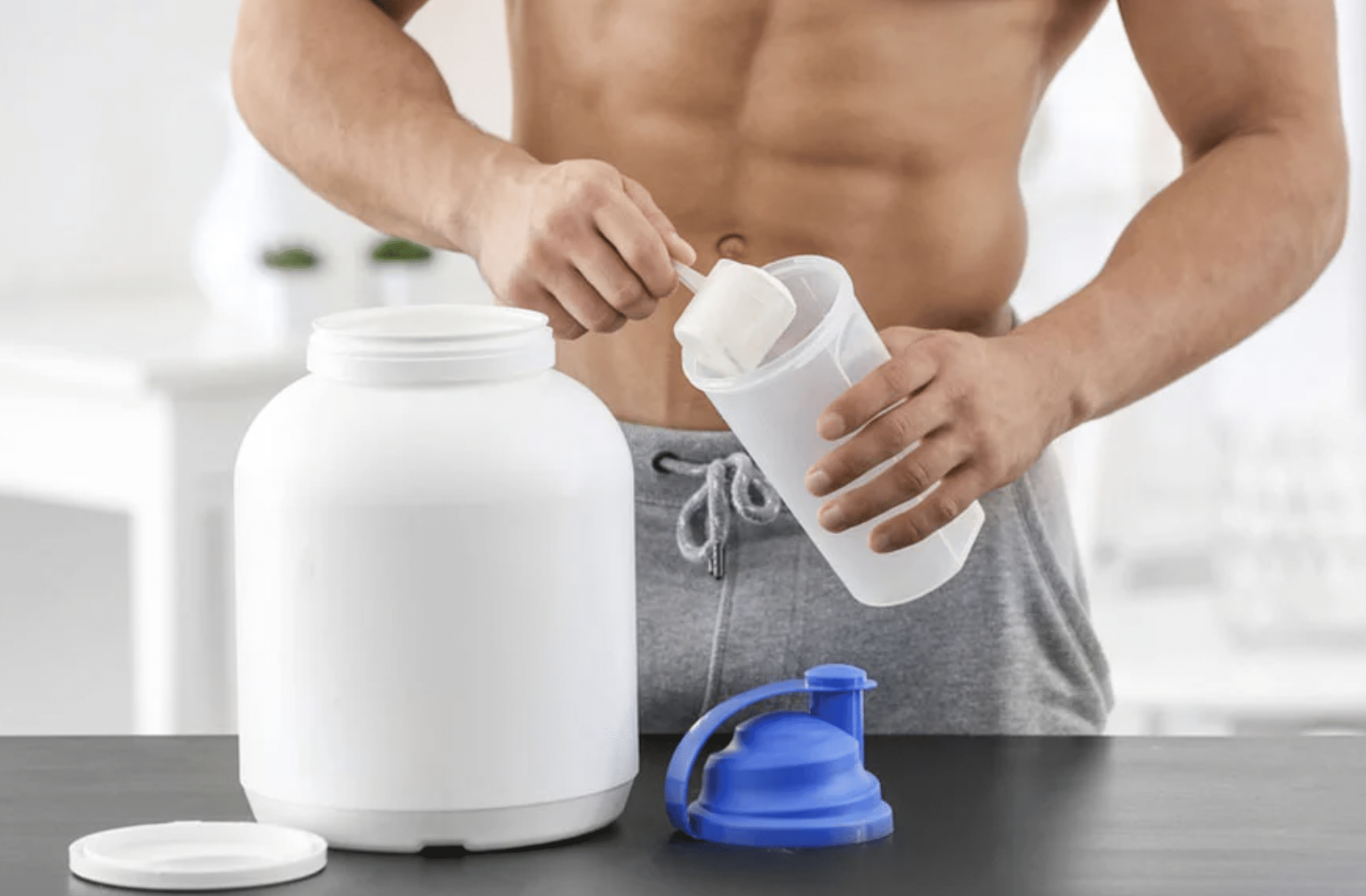Nutrition for athletes is an essential aspect of an athlete’s routine. Proper athletic performance nutrition is crucial for optimal performance, recovery, and growth. Athletes should prioritize their diets as much as their training regimens to enhance their athletic abilities. In this comprehensive guide, we will explore the nutrients athletes need to recover and grow, and how to incorporate them into their diets.
Contents
Macronutrients
Macronutrients are essential nutrients that athletes need to consume in large amounts to sustain energy and improve athletic performance.
Protein
Protein helps in the growth and repair of muscles, making it an essential component of a diet for athletes. Athletes should aim to consume at least 1.2-2.0 grams of protein per kilogram of body weight. The best sources of protein include lean meats, fish, eggs, dairy products, and plant-based sources like beans, lentils, and tofu.
Timing protein intake is also crucial for optimal recovery and growth. Consuming protein before and after a workout session can help improve muscle protein synthesis and repair. Athletes should be able to consume protein 30 minutes before and after a workout session.
Carbohydrates
They provide energy during workouts and aid in glycogen replenishment after a workout session. Athletes should consume at least 5-12 grams of carbohydrates per kilogram of body weight per day. The best sources of carbohydrates include whole grains, fruits, vegetables, and legumes.
Proper timing of carbohydrate consumption is essential for achieving optimal recovery and growth. When consumed before and after a workout, carbohydrates can enhance glycogen replenishment and energy levels, thereby optimizing athletic performance.
Fats
Fats supply energy, help in the absorption of fat-soluble vitamins, and support cellular function. They must take at least 20-35% of their total caloric intake from fats. The best sources of fats include nuts, seeds, avocados, olive oil, and fatty fish.
While athletes should include healthy fats in their diets, the timing of fat intake is not as critical as that of protein and carbohydrate intake. A well-balanced diet that incorporates healthy fats can promote optimal athletic performance and overall health.
Micronutrients
Athletes require micronutrients in smaller quantities, which are known as essential nutrients. Micronutrients comprise vitamins and minerals that play a critical role in promoting overall health and well-being.
Vitamins
Vitamins are important micronutrients that athletes need to consume for optimal recovery and growth. Some vitamins, such as vitamins C and E, are known for their antioxidant properties, which help reduce inflammation caused by intense exercise.
Athletes should consume a diet rich in vitamins. The best sources of vitamins include fruits, vegetables, whole grains, and lean meats.
Minerals
For optimal recovery and growth, athletes must consume minerals in their diet. These micronutrients are critical for various bodily functions such as muscle contraction, bone health, and overall cellular function.
Foods rich in minerals such as leafy greens, dairy products, lean meats, and nuts should be incorporated into athletes’ diets.
Hydration
For athletes, adequate hydration is imperative. To maintain proper hydration levels, athletes should consume a minimum of 8-10 cups of fluids daily, with water, sports drinks, and low-fat milk being the optimal sources.
The timing of fluid intake is also critical, as athletes should consume fluids before, during, and after workouts to promote optimal recovery and growth and enhance their athletic performance.
Supplements
Athletes may benefit from supplements to enhance their athletic abilities. Protein supplements are popular among athletes to increase their protein intake. Other supplements, such as creatine and beta-alanine, may help improve strength and endurance. However, they should be cautious when taking supplements and only take them under the guidance of a healthcare professional or a registered dietitian.
Diet Plans for Athletes
Athletes should aim to consume a balanced diet that meets their nutritional needs. The following diet plans can help athletes meet their nutritional needs:
- The Mediterranean Diet – The Mediterranean diet is a popular diet among athletes. It is rich in fruits, vegetables, whole grains, lean protein sources, and healthy fats. The Mediterranean diet also includes moderate amounts of dairy products and red wine.
- The DASH Diet – It is rich in fruits, vegetables, whole grains, lean protein sources, and low-fat dairy products. This diet plan is known for its ability to lower blood pressure and improve heart health.
- The Vegan Diet – Some athletes may choose to follow a vegan diet for ethical or environmental reasons. However, athletes who follow a vegan diet may have a higher risk of nutrient deficiencies, such as protein, iron, and vitamin B12. Athletes who follow a vegan diet should aim to consume a variety of plant-based protein sources, such as beans, lentils, tofu, and nuts, to meet their nutritional needs.
Nutrition for athletics is essential for optimal performance, recovery, and growth. Athletes should aim to consume a balanced diet that meets their nutritional needs. Proper timing of macronutrient and fluid intake is crucial for optimal recovery and growth. Athletes may benefit from supplements under the guidance of a healthcare professional or a registered dietitian. Athletes should also choose diets for athletes that meets their nutritional needs and personal preferences. By prioritizing their diets, athletes can enhance their athletic abilities and achieve their performance goals.

